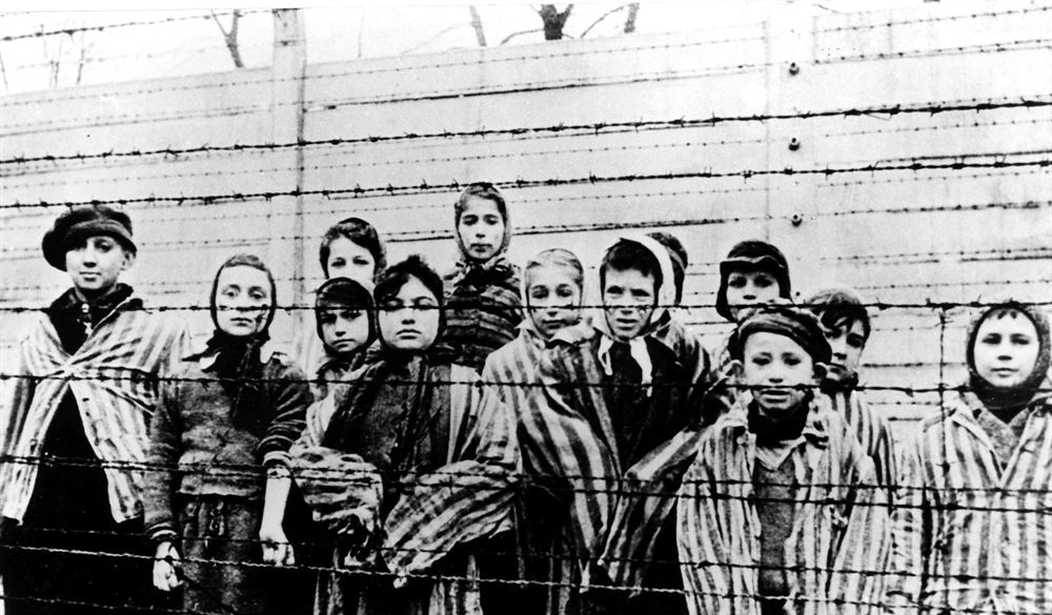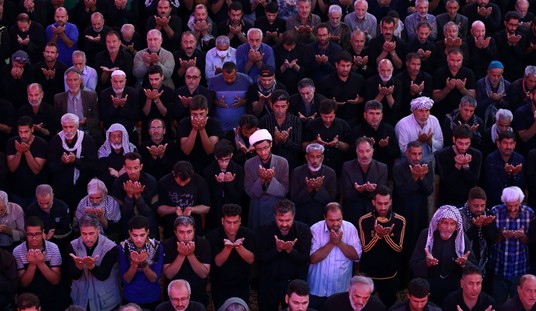The Holocaust generation who lived through the horror and those that fought in the war to end the atrocities are almost all gone. Will the memory of the greatest crime in history go with them?
It seems incredible but a generational ignorance about the Holocaust is taking hold and threatens to make hollow the promise of our fathers and grandfathers never to allow such evil to exist ever again. The evidence is startling, appalling. A survey commissioned by the Conference on Jewish Material Claims Against Germany discovered a radical deficiency in knowledge of the recent past by young Americans ages 18-39.
Almost two-thirds of young American adults do not know that 6 million Jews were killed during the Holocaust, and more than one in 10 believe Jews caused the Holocaust, a new survey has found, revealing shocking levels of ignorance about the greatest crime of the 20th century.
According to the study of millennial and Gen Z adults aged between 18 and 39, almost half (48%) could not name a single concentration camp or ghetto established during the second world war.
The ignorance is deliberate. We know that schools teach a curriculum that includes a survey of the events of the 1930s and 40s. We know that schools also teach specifics about the Holocaust. The Holocaust is part of popular culture — movies, plays, even YouTube videos.
If they don’t know about the Holocaust, how little must they know about Stalin’s Ukrainian famine, the Khmer Rouge, and Mao’s mass murders?
How is this possible?
Almost a quarter of respondents (23%) said they believed the Holocaust was a myth, or had been exaggerated, or they weren’t sure. One in eight (12%) said they had definitely not heard, or didn’t think they had heard, about the Holocaust.
How to reverse this trend?
“The results are both shocking and saddening, and they underscore why we must act now while Holocaust survivors are still with us to voice their stories,” said Gideon Taylor, president of the Conference on Jewish Material Claims Against Germany (Claims Conference) which commissioned the survey.
Taylor added: “We need to understand why we aren’t doing better in educating a younger generation about the Holocaust and the lessons of the past. This needs to serve as a wake-up call to us all, and as a road map of where government officials need to act.”
The ignorance may very well be a by-product of the information age. Young people are bombarded with messages, news, hype, ads — information of every kind. This has resulted in young people become quite discerning in the kinds of messages that are accepted and understood. When your face is stuck on your smartphone for most of your waking life, anything longer than 140 characters is usually dismissed.
The information is out there — all over the place. It’s not hiding. It’s not subliminal. It’s right in front of them — the horrific images, the testimony, the evidence.
But they don’t see it because they don’t want to see it. It’s not connected to their lives. And since they have no memory of it, it simply doesn’t exist.
We may have to rethink the entirety of our system of education. If kids and young adults are changing the way they learn, we are going to have to change the way we teach.
Until Bill Gates invents a Krell Mind Machine that can transfer knowledge to young people’s brains effortlessly, a way is going to have to be found to fight through the everyday clutter that kids have to deal with and impart essential and meaningful truths.










Join the conversation as a VIP Member